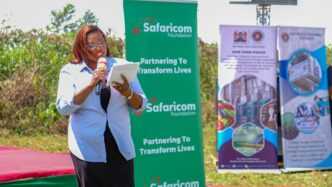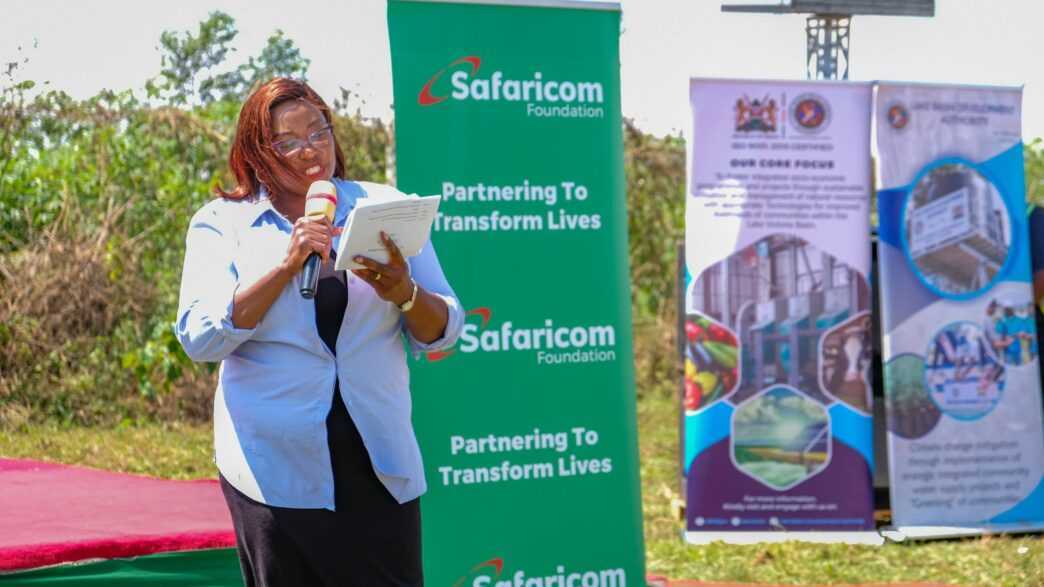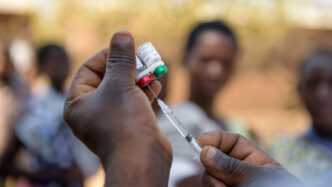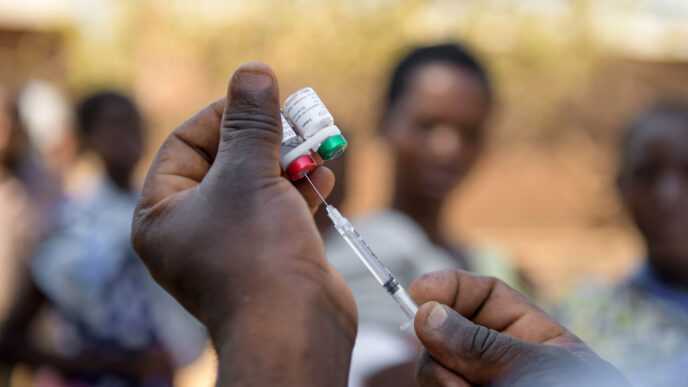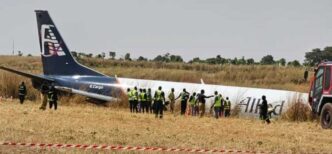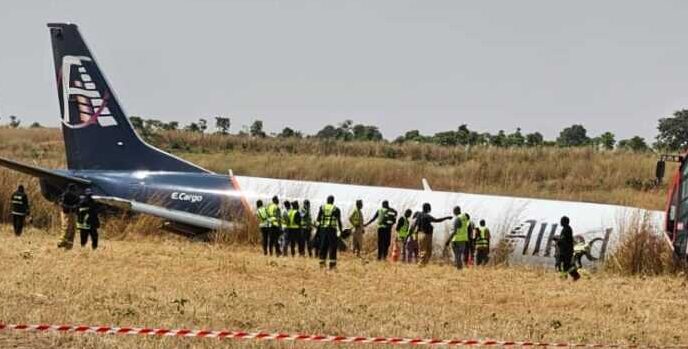Transforming Agribusiness in Busia County
The Safaricom Foundation has launched the Wezesha Agri-Eco Hub Project, an initiative that promises to transform agribusiness in Busia County.
With a KES 120 million investment over two years, this ambitious project will directly benefit over 5,000 youth, women, and persons with disabilities, fostering economic empowerment through agribusiness, ecopreneurship, and enterprise development.
Joseph Ogutu, Chairman of the Safaricom Foundation, highlighted the program’s significance, saying, “Our current strategy places a strong emphasis on economic empowerment as a key pillar of community transformation. This project is designed to inspire a new generation of agripreneurs and redefine agriculture as a viable pathway for youth to achieve self-reliance.”
Skills Training for Agribusiness Success
The program will offer comprehensive training in agribusiness, digital literacy, and value chain management to enhance productivity and connect participants to lucrative markets. By prioritizing climate-smart farming techniques, it will enable participants to develop resilience in agricultural production.
The Wezesha Agri-Eco Hub will integrate digital finance solutions, linking over 4,000 youth to platforms that provide loans, savings, and insurance. These resources will empower participants to sustain and expand their agribusiness ventures.
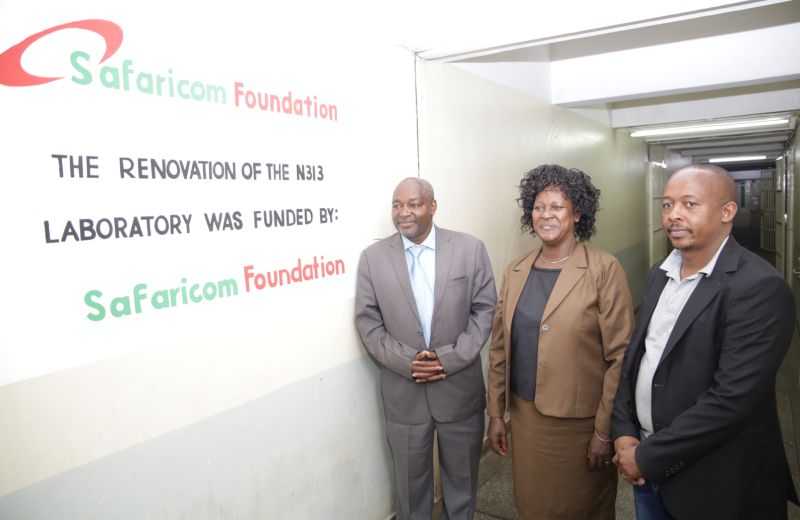
Showcasing Sustainable Farming with Demo Farms
A Centre of Excellence Demo Farm will be established in Alupe, Busia County, to provide hands-on training in innovative farming methods.
The facility will spotlight solar-powered irrigation, biogas systems, and digital tools to connect farmers to markets and financial services.
The project aims to connect youth-led agribusinesses to local and international markets via e-commerce platforms, creating employment opportunities and stimulating enterprise growth.
Robust Partnerships Driving Success
Partnerships are pivotal to the success of the initiative. The Ustadi Foundation has committed KES 18 million, while the Lake Basin Development Authority (LBDA) has provided a 12-acre demonstration farm.
Additionally, Alupe University and the County Government of Busia are contributing technical expertise and logistical support.

A Model for Nationwide Growth
Building on successes in counties like Kajiado, where over 1,000 youth and women established thriving agribusinesses, the Safaricom Foundation plans to scale the Wezesha Agri-Eco Hub to 18 counties.
This expansion will position agriculture as a critical driver of youth employment and sustainable development.
Championing Sustainability and Innovation
The Wezesha Agri-Eco Hub Project reflects Safaricom Foundation’s broader mission to empower communities through strategic investments. By integrating sustainability and innovation, this initiative sets the stage for economic transformation in Kenya’s agricultural sector.
How can agribusiness programs like this reshape youth employment and sustainable farming in Kenya? Share your thoughts below.
Read More:
